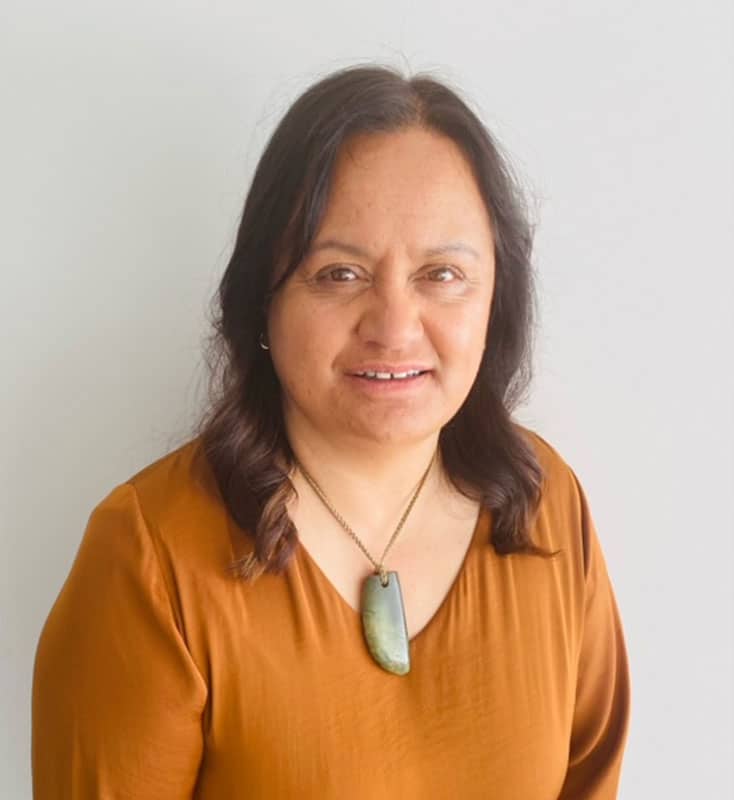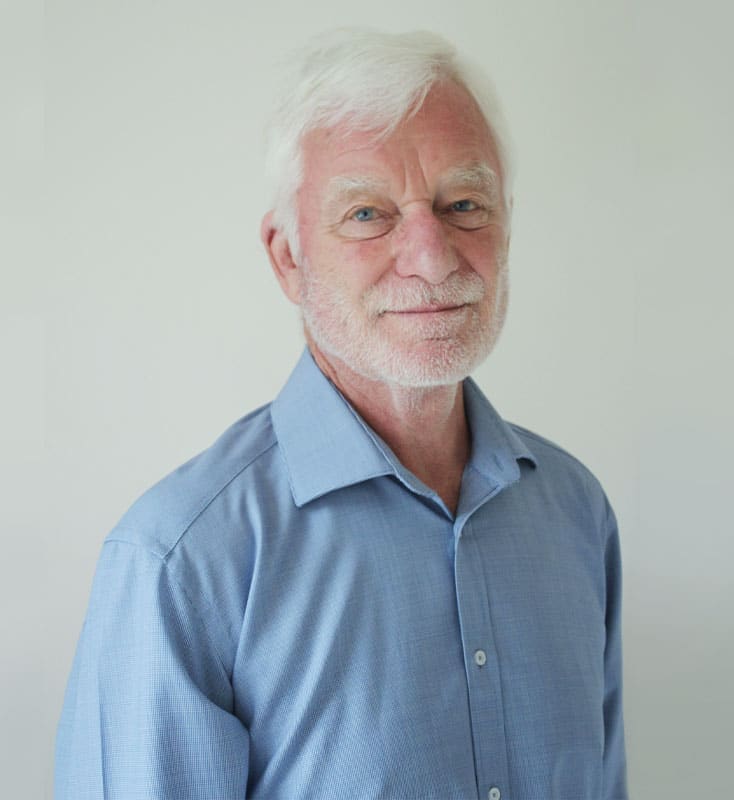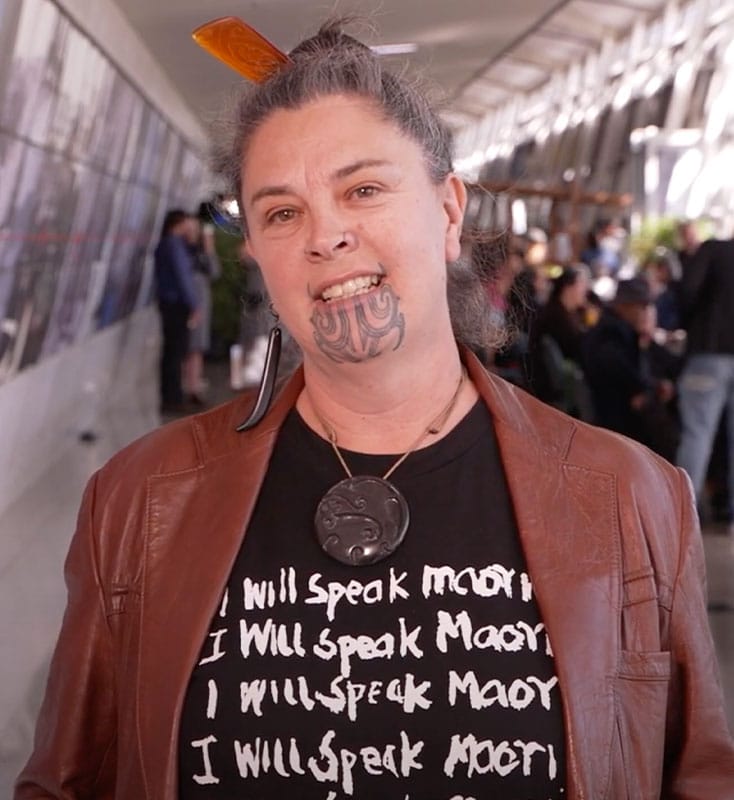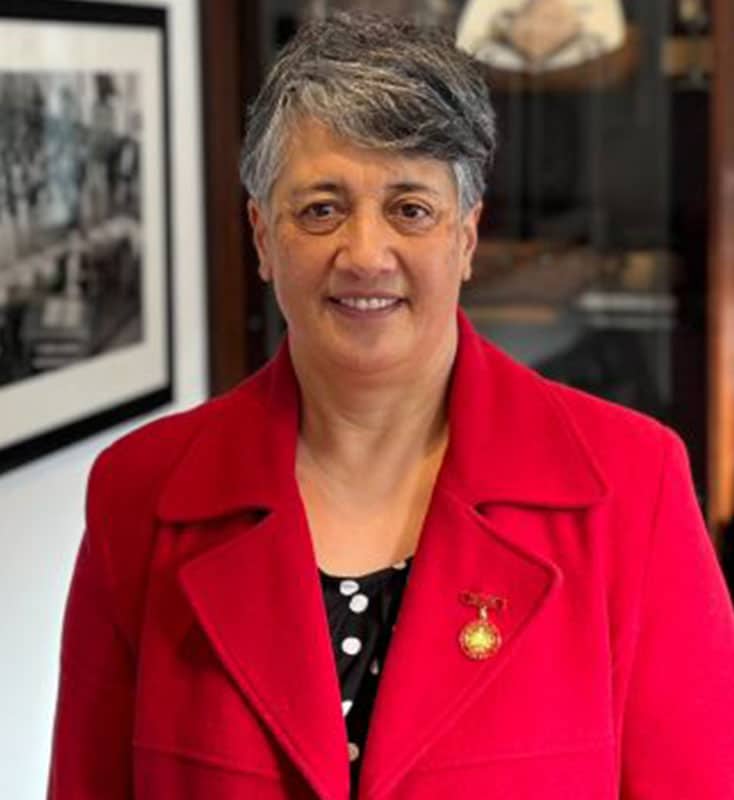Rangiwai, B.
Culture Homelessness Housing Schemes
Te Kaharoa, 14(1),
2021
Read Publication
This paper provides a Māori theological exploration of homelessness, using the Atuatanga Model to discuss the dynamic interplay between Atua (deities), tangata (people), and whenua (land).
This work expands on Tate’s (2012) foundational model that emphasises the interconnectedness of these elements and their collective definition of Māori identity. The Atuatanga Model, introduced by Rangiwai (2018a, 2019), uniquely blends ngā Atua Māori (Māori ancestral gods of continuing influence) and Te Atua (the Christian God) without distinction, highlighting a holistic view of spirituality that includes both indigenous and Christian elements. Rangiwai underscores the dual meaning of ‘whenua’ as both land and placenta, enriching the theological implications of Māori’s connection to the land. This additional layer signifies a deep genealogical, physical, and spiritual bond with Papatūānuku (Earth Mother), crucial for Māori identity and well-being. The paper argues that homelessness for Māori fundamentally stems from landlessness, a condition that severs the vital connections among Atua, tangata, and whenua, rendering a person incomplete. The discussion extends to the portrayal of Jesus in contemporary contexts, challenging traditional perceptions with the image of Homeless Jesus by Timothy Schmalz, and drawing parallels to the predominantly Māori homeless population on K Road. Rangiwai suggests that like Jesus, who in the Gospel of Matthew is depicted as a marginalised figure, the homeless of today are similarly displaced and overlooked, calling for a re-evaluation of homelessness through a Māori theological lens. “The Jesus of K Road” prompts a reimagining of divine representation and advocates for a theology that acknowledges the harsh realities of homelessness and displacement, especially within Māori communities. This work serves as an initial step toward developing a Māori theology of homelessness, emphasizing the need for further research and action to address this pressing issue from a faith perspective that fully embraces Māori spirituality and values.










